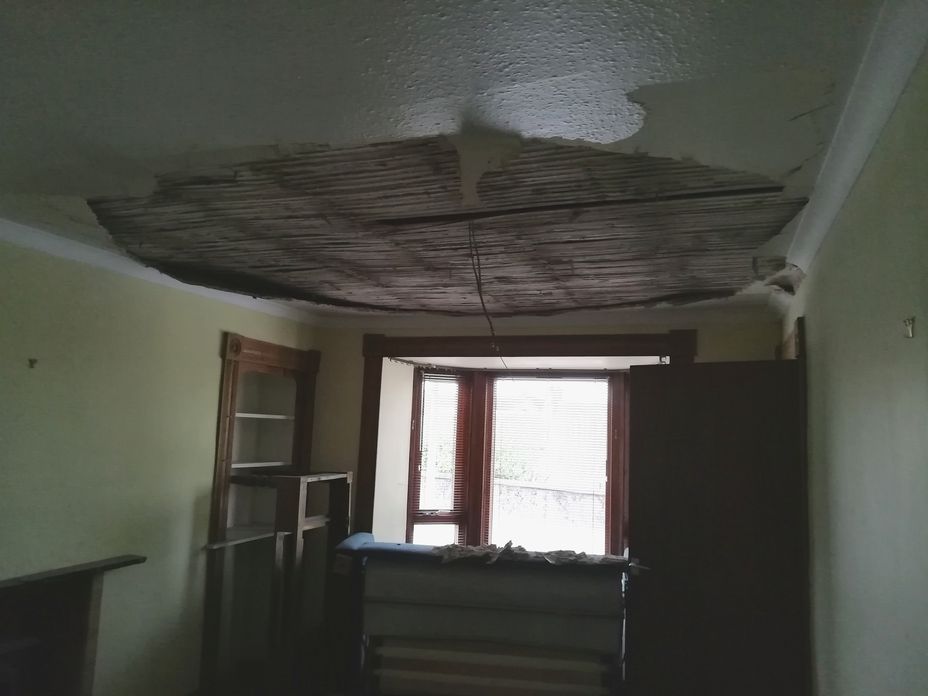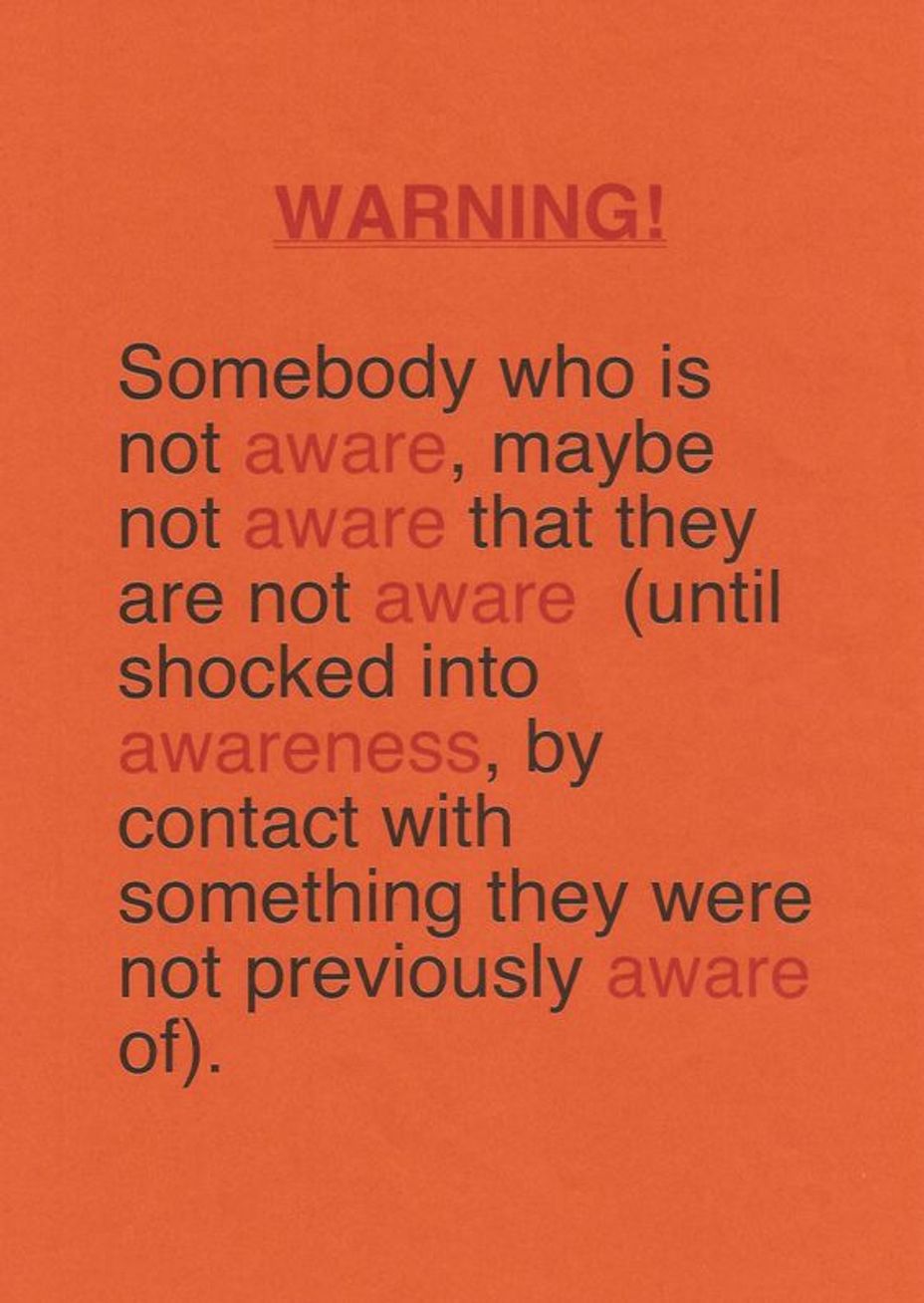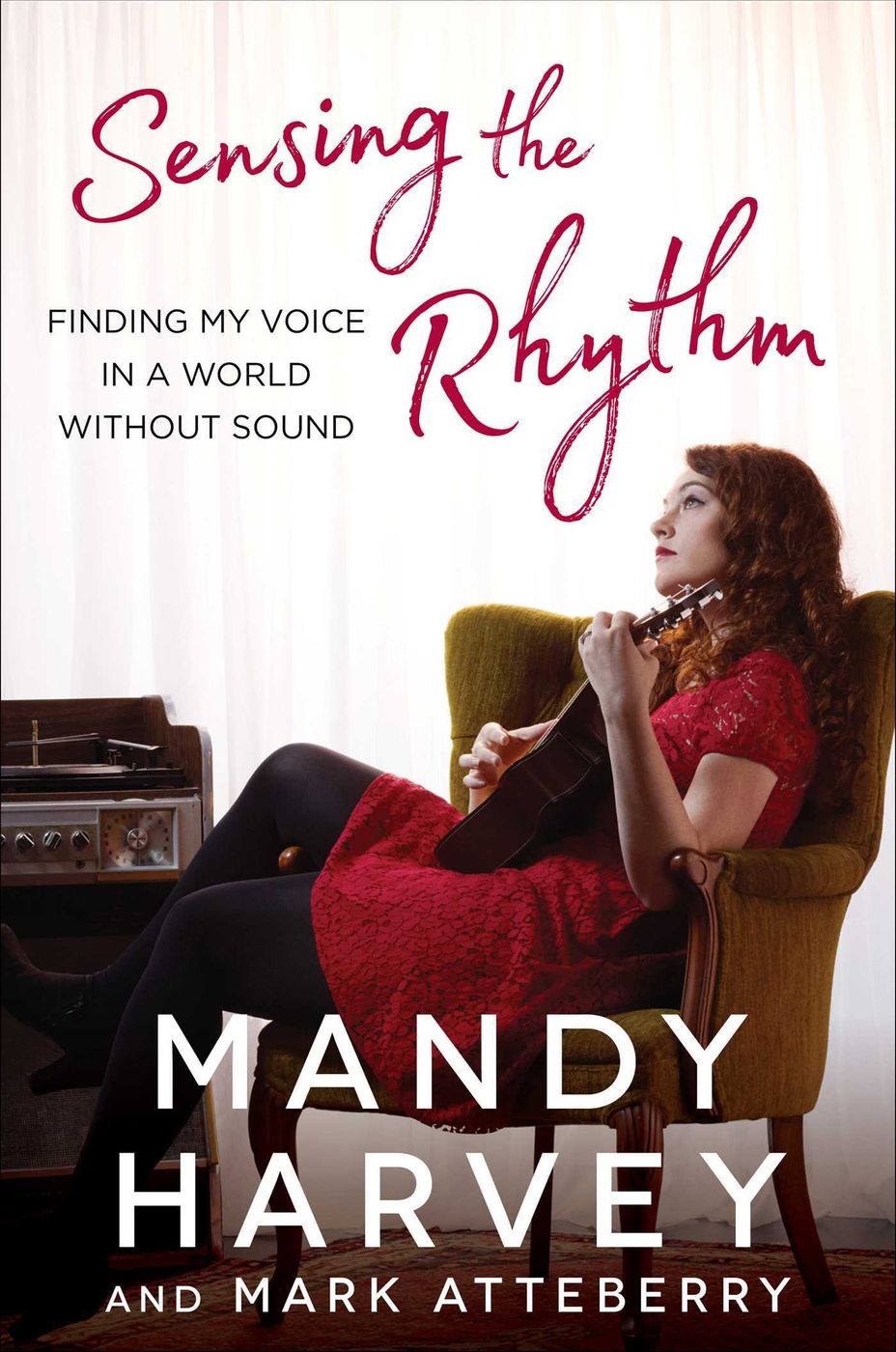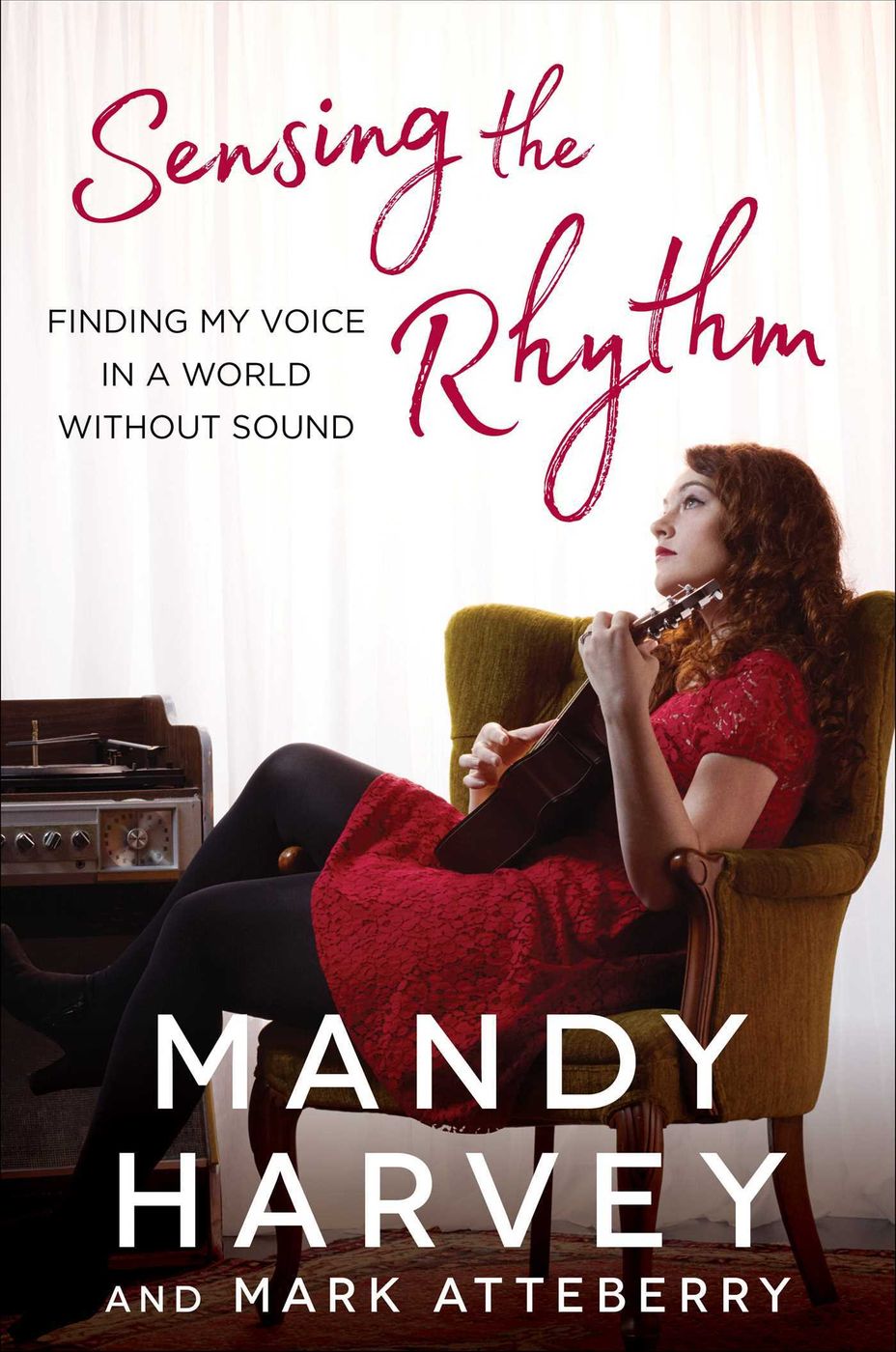An In-Depth Look At What “Self-Love” Looks Like, How It’s Different Than “Self-Care”, And A Reminder That Self-Love Is At The Top Level Of Everything
There is More talk about Self-Care than the Most Critical Key to Happiness and Great Relationships of all types——-“SELF-LOVE”.
With this in-depth look at what Self-Love looks like-for your own personal growth, I would like you to take an honest look inwards and determine if you Practice Self-Love.
If you’re not, or if you’re not doing all of the bullet points given below, don’t worry— “Each morning, we are born again. What we do today is what matters most.”
As always, let’s have a great conversation about this topic below 👇 in the comments where you can use this space for your own place in your mental wellness journey. Not your mental illness journey— I am here as a friend to guide you through to the other side as much as possible—yes, that is where I stand, and the magic only happens if you let me—so how about more group members join in for your sake.
The Mighty friends that have opened themselves up to this opportunity are telling me and showing me that they are really starting to get it, and they are taking bigger, new, determined steps in their lives.
"Self-Love" refers to a deeper internal state of accepting and valuing yourself unconditionally, while "self-care" focuses on taking practical actions to maintain your physical and mental wellbeing, like getting enough sleep, eating healthy, and engaging in activities you enjoy; essentially, self-love is the mindset that drives you to practice self-care. Self-Love is the mindset too that heals the pain and keeps you in the light, Determined to keep pushing away any darkness and to stop doubting yourself.
Key points to remember:
* Self-love:
* A feeling of intrinsic worth and acceptance, regardless of circumstances
* Becoming your own best friend - treating yourself with the same respect and understanding you would give a close friend.
* Be the love you never received.
* Includes embracing your flaws
* Foundation for setting healthy boundaries and prioritizing your needs
* learn to say no when needed and clearly explain why
* Don’t seek Anyone’s validation
* Positive self-talk: Use encouraging language to speak to yourself, focusing on your strengths and accomplishments.
* Pay attention to your thoughts and feelings, recognizing negative self-talk and actively replacing it with positive affirmations/relabel upsetting thoughts
* Say something nice to yourself in the mirror — looking into your eyes & smile at yourself & say “I love you”and your name. (Yes, I actually stop myself to do this & it’s Wonderful)
* cultivate self-compassion
* Encourage Yourself
* Talk to someone you trust who *Has The Capacity To Listen*-and, Another Big Key Here is that ***Being vulnerable - completely honest and thorough- about what you’re going through with someone else is a major form of self-love because you’re taking the time to dig deep, regardless of how uncomfortable it is, And, on top of that, you’re showing yourself that you want to work out whatever’s going on with you***
* avoid comparing yourself to others
* practice gratitude
* Seek out opportunities for growth
* Creating a safe zone all your own is an act of self-love because it gives you a designated area where you can focus on your needs and emotions instead of other people’s. The key here is creating a space that feels good and peaceful when life is neither of those things.
#MentalHealth #Mindfulness #Selflove #Selfcare #Selfharm #SuicideAttemptSurvivors #SuicidalIdeation #SuicidalThoughts #Suicide #Trauma #MajorDepressiveDisorder #PersistentDepressiveDisorder #Depression #Anxiety #GeneralizedAnxietyDisorder #Agoraphobia #BingeEatingDisorder #EatingDisorders #EatingDisorder #ChronicIllness #ChronicFatigue #ChronicFatigueSyndrome #MyalgicEncephalomyelitis #LymeDisease #ComplexPosttraumaticStressDisorder #PostTraumaticStressDisorder #PTSDSupportAndRecovery #PTSD #BipolarDisorder #BipolarDepression #AutonomicDysfunction #AuditoryProcessingDisorder #Deafness #ADHDInGirls #ADHD #AspergersSyndrome #AutismSpectrumDisorder #Addiction #CerebralPalsy #IntellectualDisability #Disability #Blindness #BorderlinePersonalityDisorder #BorderlinePersonalityDisorderBPD #Fibromyalgia #ChronicPain #Migraine #IfYouFeelHopeless #BrainInjury #MotorDisorders #MultipleSclerosis #RheumatoidArthritis #Arthritis #Grief #Loneliness #AnorexiaNervosa #Relationships #SocialAnxiety #FamilyAndFriends #Caregiving #CrohnsDisease #CysticFibrosis #AlopeciaAreata #Cancers #EhlersDanlosSyndrome #ParkinsonsDisease #PosturalOrthostaticTachycardiaSyndrome #POTS #Stroke #Diabetes #SelfharmRecovery #RareDisease #DownSyndrome #AddisonsDisease #IrritableBowelSyndromeIBS #ObsessiveCompulsiveDisorder #ObsessiveCompulsiveandRelatedDisorders #ObsessiveCompulsivePersonalityDisorder #DissociativeIdentityDisorder






